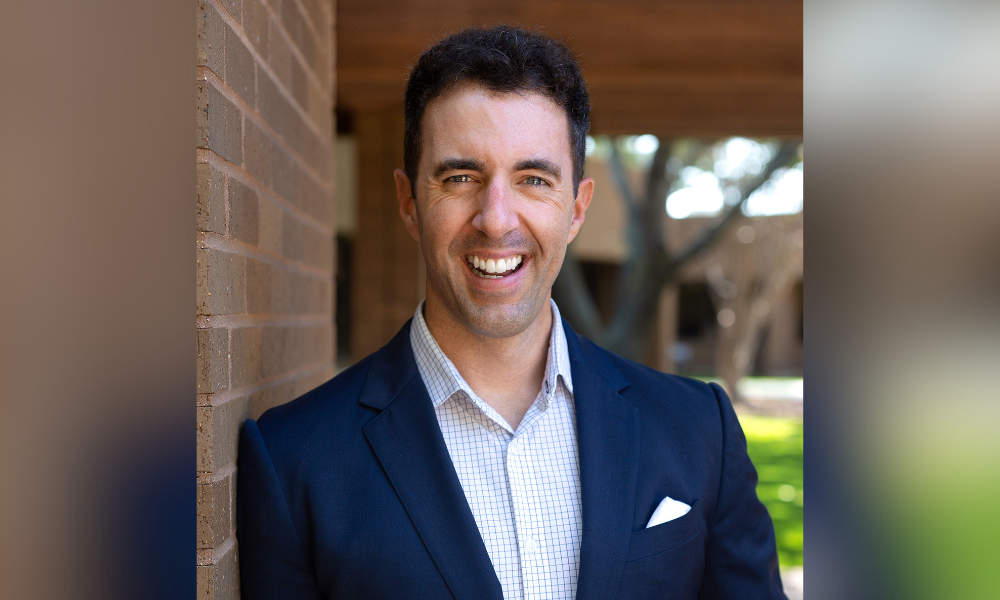'The health-care system is focused on patient care; it doesn't really recognize the caregiver'

“One out of every four people in your labour force in Canada is a caregiver… that has to be affecting the way that they show up to the office.”
So says Michael Walsh, cofounder and CEO of Cariloop in Richardson, Texas, which recently expanded its caregiving support platform into Canada.
The company offers “care coaches” as an employee benefit to help those who are looking after unwell loved ones, all while managing to work full-time jobs.
“Caregiver support is the act of supporting individuals who are caring for that patient and supporting them with the various physical, financial, mental health wellbeing challenges that they’re going to be faced with, as they go on that journey to take care of that person,” says Walsh.
For Walsh, the act of supporting caregivers is personal as he watched his own family deal with a sick grandfather 15 years ago and the effects it had on everybody. It vividly illustrated the stark realities of modern hospital care, he says.
“This was the ‘aha’ moment of the health-care system: no matter where you live across the world, the health-care system is focused on patient care. It doesn’t really recognize you, the caregiver who, once they get discharged from the hospital, you’re left to figure out how do you best take care of this person to help them improve and thrive again.”
Less than 10% of Canadian employers are providing caregiving support, according to another survey.
Coaches provide support, guidance to caregiving employees
When employees sign up with the Cariloop platform, they are paired with someone who is trained in the intricacies of the Canadian health-care environment.
“Our care coaches are all going to be licensed or certified health, medical or educational professionals, so a social worker, a nurse, a care manager, a long-term care facility administrator, a school social worker, or college career advisor,” says Walsh.
The individual care coach “pairs up with these caregivers and families to help them navigate the various provider insurance, medical, financial, legal issues and questions that they’re inevitably going to face as they go on this journey.”
Care coaches can help to do care coordination, insurance navigation, and advocacy, he says, along with “educating families on the various programs and services and resources that are available to help them think long-term. But [it’s about] the mental and emotional support of that caregiver, and just being a sounding-board guide to them.”
For HR, the time is right in a post-pandemic reality to assess the workforce and its unique needs, says Walsh.
“They need to take a really good look within their populations and start to think about the risks that they face — from a health claims, presenteeism, productivity, mental-health perspective — and the impacts that caregiving and parenting can cause within their organization and the stresses that can put on their workforce.”




